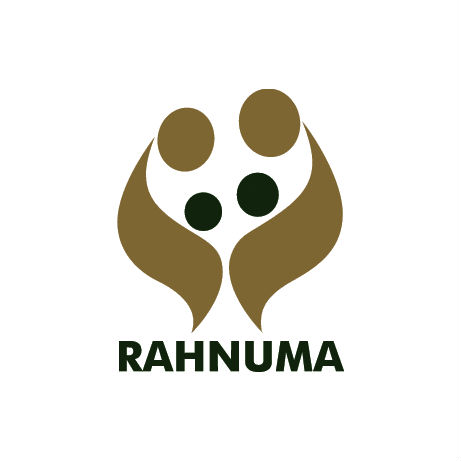

| 31 March 2016
Rahnuma-Family Planning Association of Pakistan
Rahnuma (formerly the Family Planning Association of Pakistan or FPAP) started serving poor and marginalized people in Pakistan as the Family Planning Association of Pakistan (FPAP) in 1953. After over 50 years of momentous achievements, the FPAP felt that its name did not fully reflect the scope of its work. It renamed itself ‘Rahnuma’, an Urdu word meaning 'one who shows the path and provides direction'. Rahnuma was one of the pioneers in providing family planning services and advocating for spacing of childbirth and for smaller families. The government later embraced the cause by establishing the Ministry of Population Welfare. In the space of a decade, Rahnuma grew from a single clinic, based in 1 room in Karachi, to a large-scale operation with an infrastructure of district branches offering model clinics and information and educational facilities. Today, the network operates nearly 5,000 service points, comprising 118 permanent clinics, 11 mobile units, 191 associated clinics and over 2,000 community-based distributors/services (CBDs/CBSs). It also handles referrals to over 2,143 private physicians. Rahnuma has developed innovative programmes to increase access to high-quality, affordable health services. It has advocated for a rights-based approach to sexual and reproductive health (SRH), for the empowerment of particular groups within communities (especially women and young girls), and for the strengthening of civil society in Pakistan. As the sexual and reproductive health and rights (SRHR) agenda has shifted over the years, Rahnuma has increasingly embraced SRHR in the context of national development and poverty alleviation, owing to the direct connection between socio-economic conditions and health and well-being. Contacts Website: http://www.fpapak.org Facebook: https://www.facebook.com/rahnuma.fpap.9 Twitter: https://twitter.com/Rahnuma_FPAP

| 31 March 2016
The Cameroon National Association for Family Welfare (CAMNAFAW)
The Cameroon National Association for Family Welfare (CAMNAFAW) was created in 1987 to respond to the needs of women who wanted to plan their families and to enjoy higher standards of living. The organization has rapidly grown into the country’s leading provider of sexual and reproductive health (SRH) services. The challenges facing the people of Cameroon and the organization are severe. This is a country with very high levels of maternal death and child mortality and an HIV prevalence rate of over 10%. Health provision is limited: CAMNAFAW is working tirelessly to deliver to populations in the greatest and most urgent need of SRH support. Through its service points, including dedicated youth sites, run by full-time staff and supported by over a thousand volunteers, CAMNAFAW provides a complete suite of sexual and reproductive health (SRH) services. It offers family planning, vaccination, paediatric care services, antenatal and post-natal care, post-abortion care, the diagnosis and treatment of sexually transmitted and opportunistic infections, screening of cancers of the reproductive system, general laboratory work, voluntary counselling and testing (VCT), home-based care, and education programmes aimed at reducing stigma and discrimination associated with HIV and AIDS. An estimated 80% of clients are poor, marginalized, socially excluded and/or under-served. These include people living with HIV and AIDS (PLHIV), sex workers, and unmarried men and women. CAMNAFAW works in partnership with government and with non-governmental organisations including Care Cameroon, Femmes-Santé-Developpement en Afrique Sub-Saharienne (FESADE), the Youth Development Foundation, OFSAD, Scouts du Cameroun, the Support Centre for New Local Development Alternatives (CANADEL), Service Catholique de la Santé, Service Protestant de la Santé, the Society for Women and AIDS in Africa (SWAA Cameroon), and the Réseau. Camerounais des associations des Personnes vivants avec le VIH (Récap+). CAMNAFAW receives support from the Government of Cameroon, UNFPA, the Government of Japan, the IPPF Japan Trust Fund, Care Cameroun, and CAREF.







